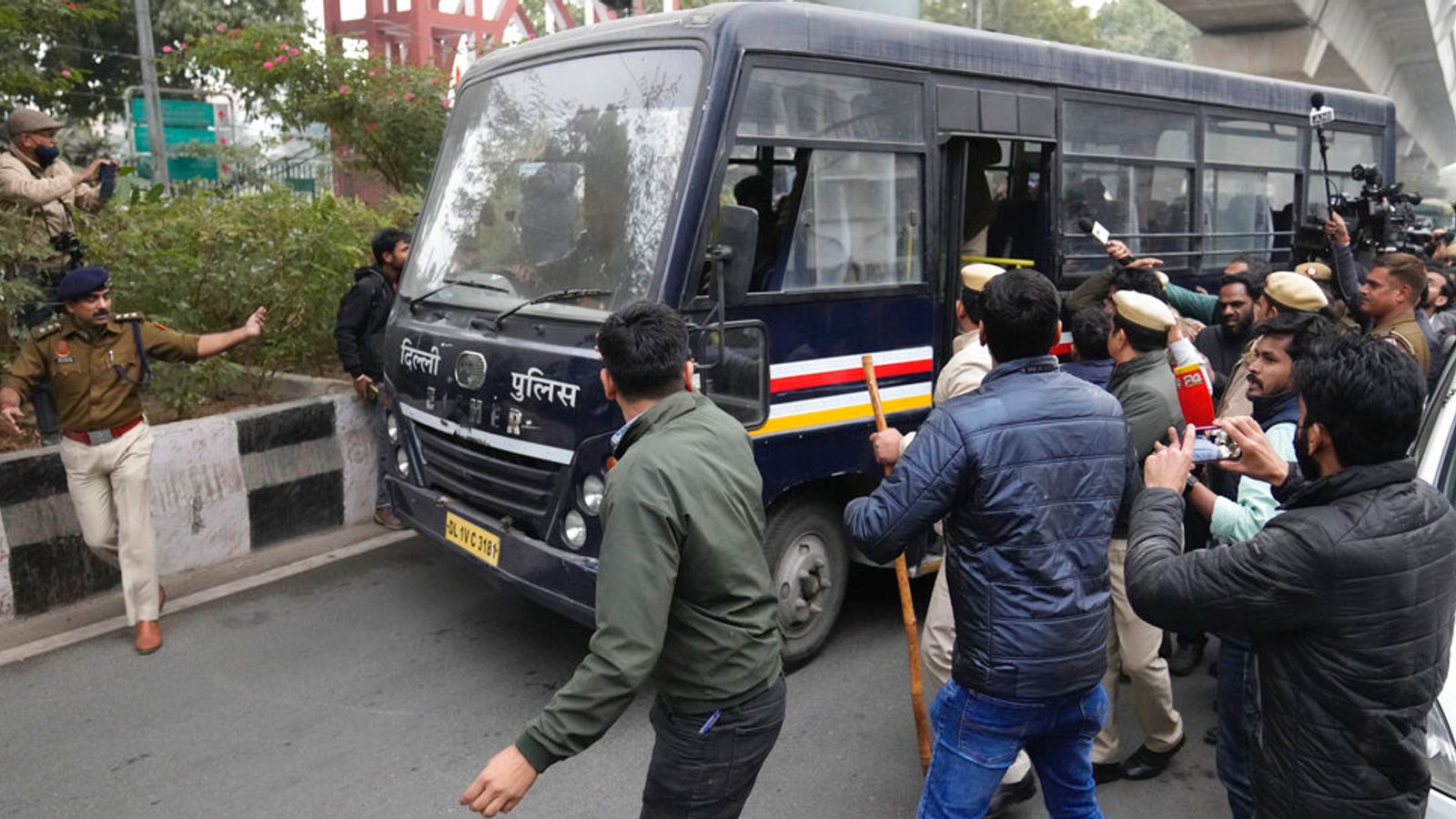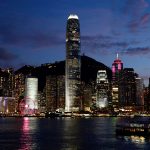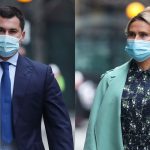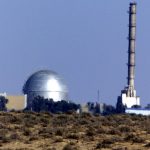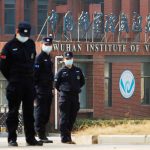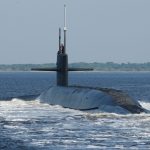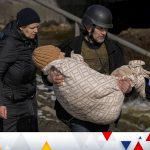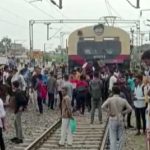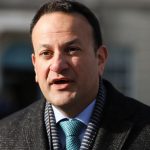Tensions have escalated in India as police and students were involved in scuffles over a BBC documentary examining Prime Minister Narendra Modi’s role during the 2002 Gujarat riots.
The second and final part of the series was screened in the UK on Tuesday evening, while authorities in the world’s biggest democracy have been attempting to stop the controversial programme being aired across its colleges, universities and on social media.
The government’s efforts have been criticised as an attack on press freedom – while protests calling for its screening have continued to spread.
On Wednesday, police clashed with protesters at Jamia Millia Islamia University in New Delhi where a student group said it planned to screen the banned documentary.
Police equipped with tear gas and riot gear gathered outside the campus gates and detained at least six students as trouble flared.
It comes after Jawaharlal Nehru University in the capital cut off power and the internet on its campus on Tuesday before the documentary was scheduled to be screened by a students’ union. Hundreds then reportedly saw it on their laptops and mobile phones.
Authorities at the University of Hyderabad, in southern India, have launched an investigation after a student group showed the banned documentary earlier this week.
The Students’ Federation of India has said it plans to show the documentary in every Indian state.
India’s federal government blocked the BBC documentary over the weekend and banned people from sharing clips on social media, citing emergency powers under its information technology laws.
Twitter and YouTube complied with the request and removed many links to the documentary.
India: The Modi Question looks at the prime minister’s role when he was the chief minister of the western state of Gujarat when it was gripped by riots.
According to official numbers, the violence left more than 1,000 people dead, most of them Muslims, and erupted after a train carrying Hindu pilgrims caught fire, killing 59 people.
Human rights activists estimate at least double that number died in the rioting.
Mr Modi has denied accusations that he failed to stop the violence.
Read more:
Anger over £6k compensation offer for victims of India’s deadly bridge collapse
Protests in India over rising food and fuel bills
Suspicions that Mr Modi quietly supported the riots led the UK, US and EU to deny him a visa – a move that has since been reversed.
India’s foreign ministry last week called the documentary a “propaganda piece designed to push a particularly discredited narrative”.
But the BBC said the programme was “rigorously researched” and involved a wide range of voices and opinions – and added the Indian government “declined to respond” to matters raised in the series.
